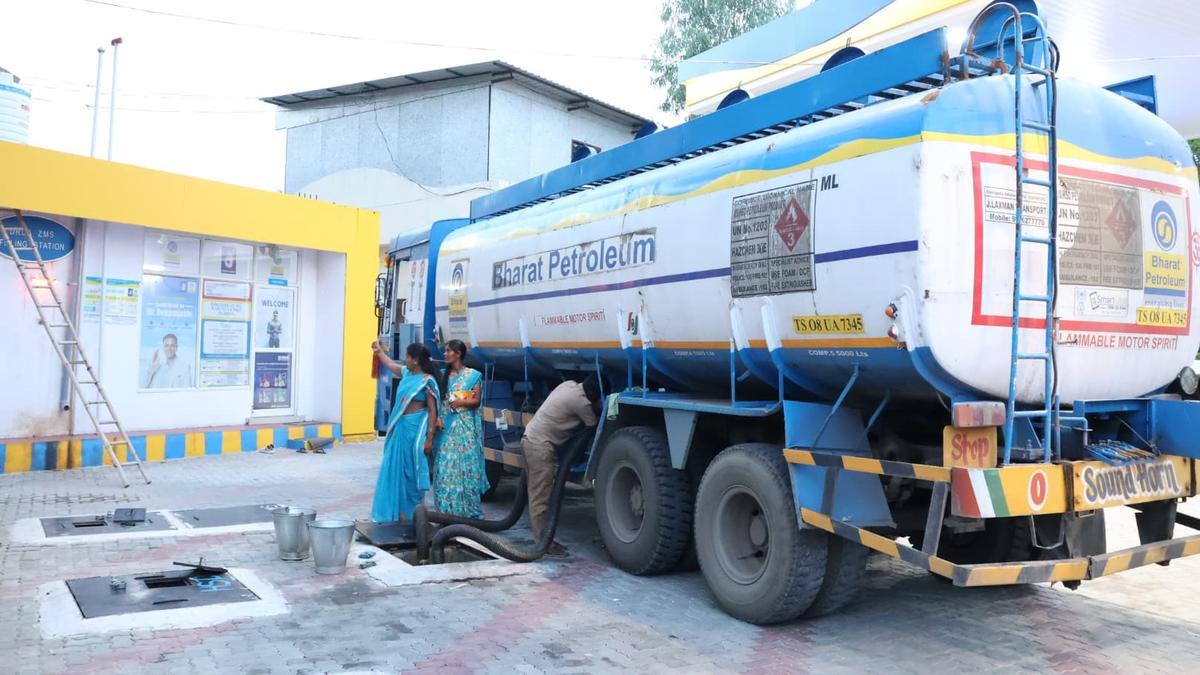At the dawn of the millennium, Kochi was literally missing from the Information Technology (IT) landscape. In fact, when it came to the IT industry, the talk at the time was more or less about Kerala missing the bus time and again, notwithstanding Technopark—India’s first IT Park — in Thiruvananthapuram having completed a decade by then.
However, Kochi was all set to change its destiny as an IT destination. Taking cue from the success of Technopark, the government had initiated deliberations to set up an IT Park under its aegis in Central Kerala, and Kochi emerged as the natural choice.
Thus was born Infopark Kochi, a 70-lakh sq. ft. plus IT space on 100 acres in Kakkanad in 2004. Apart from multiple own buildings of Infopark Kochi, major IT players like Wipro, Tata Consultancy Services, and IBS Software set up their own campuses in what has since then come to be known as Infopark Phase I, which remains a mix of Special Economic Zone (SEZ) and non-SEZ space. A decade later, in 2015, Phase II was commissioned with a built-up space of 17 lakh sq. ft. It also brought investments by a slew of co-developers like Trans Asia Cyber Park, Cloudscapes Cyber Park, Caspian, ClaySys, and Cognizant. Besides, Infopark also set up two satellite centres at Cherthala and Koratty, following a hub-and-spoke model.
Infopark Kochi has since then emerged as the driving force behind Kochi’s rise as an IT hub, with an ecosystem facilitated by many inherent advantages — least of all, connectivity by air, road, and water. “For more than two decades, Kochi has been one of the most preferred destinations for companies in the IT industry. That the cost of living in Kochi is low compared to other Tier 2 cities has helped. The city has also now emerged as a Global Capability Centre (GCC), with Infopark leading the drafting of a GCC policy that the government is likely to release soon,” said Susanth Kurunthil, chief executive officer, Infopark.
Infopark Kochi, both its phases combined, now has 582 companies employing nearly 74,000 employees. Jijo G. John, CEO, Calpine Group — which was the first company to set up shop at Infopark’s building in the first phase — said that the decision to invest in Kochi stands vindicated more than two decades later. “We were able to attract trained talent who migrated to other States by going on an advertisement campaign in newspapers there, urging them to come back to Kerala. The support system of their family here meant that the attrition rate was much lower compared to destinations in other States,” he said.
Three years after Infopark Phase I was commissioned, the foundation stone was laid for SmartCity Kochi—a sprawling IT township spread across 246 acres under the aegis of the State government and the Dubai-based Tecom Investment—in the neighbourhood of Infopark in November 2007, with a promise to build 88 lakh sq. ft., with a ceiling of 70% for IT, and generate 90,000 jobs in 10 years. The first phase, spread over 6.50 lakh sq. ft., with 37 companies employing around 5,000 people, was launched in 2016. This was followed by a second phase of over 6 million sq. ft., involving co-developers like Sands Infra (LuLu Group), Prestige, Maratt Ltd., and GEMS Modern Academy.
Minister for Industries P. Rajeeve dubbed Kochi as the IT gateway of Kerala, thanks to its readily available talent pool, government policies, and the setting up of Infopark. The extension of Kochi metro to Infopark will also improve connectivity. “Steps have been taken to find land for the third phase of Infopark through land-pooling, while acquisition will shortly get under way for the Kochi–Cherthala and Kochi–Koratty IT corridor. High-speed Internet connectivity, thanks to the landing of multiple undersea high-speed cables, makes Kochi an ideal IT destination. The presence of global IT behemoths like IBM will also help,” he said.
Inherent advantages
Kerala, it is being pointed out, has many inherent advantages, making it an attractive destination for employees. Among them are the naturally blessed scenic beauty, a clean and healthy environment, and educational and health infrastructure. But more can be done to improve the social life, said Aneesh Panthalani, president, Progressive Techies — a collective of IT employees.
“There should be more entertainment avenues for employees to spend their leisure time since that is one of the primary considerations of major players in choosing their investment destinations. For instance, nightlife can be better encouraged and pubs should be allowed. Improving the transport infrastructure should be another focal area, with the workforce in Kakkanad and surrounding areas set to touch 2 lakh in the near future. Widening the existing roads alone would not be enough. The scope for an elevated highway connecting the IT hub of Kakkanad with the bypass should be explored,” he said.



.png)
.png)
.png)
















 4 hours ago
8
4 hours ago
8







 English (US) ·
English (US) ·